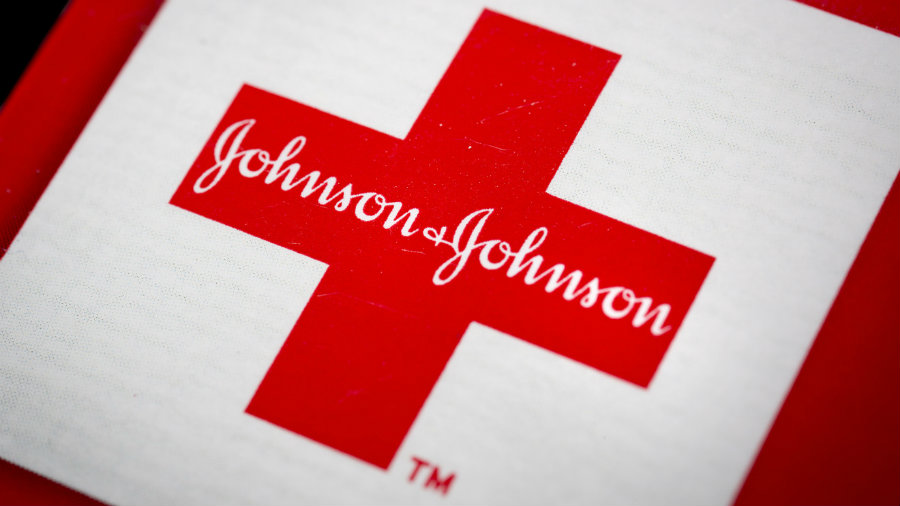Washington – Johnson & Johnson’s subsidiary Acclarent chose to pay more than $18 million to resolve various claims of illegally marketing a medical device.
Acclarent, Inc. was founded in 2004 and began as a privately held, venture-backed company. A year later In May 2005, it received FDA approval for its first creation, the Relieva Balloon Sinuplasty technology.

In 2006 Acclarent won FDA clearance to market a device known as the Relieva Stratus MicroFlow Spacer. This device was supposed to be used only with saline to maintain sinus openings following surgery.
The company sought to expand the device’s indication, wanting to market it as a drug delivery device, but this idea was rejected in 2007 by the FDA.
In 2010 the company was sell to Johnson & Johnson ($JNJ) for $785 million. That same year, Acclarent added a warning to its label regarding the use of the Stratus as a drug delivery device.
The controversy began when the U.S. Department of Justice claimed that Acclarent employees, William Facteau, former CEO and Patrick Fabian, former Vice President of sales, intentionally tried to defraud both the FDA and Johnson & Johnson by continued to market the Stratus as drug delivery device.
The government claimed it has proof that company employees trained physicians using a video that demonstrated the Relieva Stratus MicroFlow Spacer being used with prescription corticosteroid Kenalog-40.
“The FDA approval process serves an important role in ensuring that federal health care participants receive devices that are safe, effective and medically appropriate. We will not permit companies to circumvent that process and put profits over patient safety,” Principal Deputy Assistant Attorney General Benjamin C. Mizer, head of the Justice Department’s Civil Division., in a press release.
In 2013, the company discontinued all sales of the Relieva Stratus MicroFlow Spacer and withdrew all the FDA marketing clearances for it.
William Facteau was the person accused by Department of Justice of improperly marketing the device.
Now, a jury in federal court has acquitted him on fourteen pending felony counts stemming from an indictment in April 2015. However, the same jury found him and Patrick Fabian guilty of 10 misdemeanor counts of “introducing adulterated and misbranded medical devices into interstate commerce.”
Reid Weingarten, Facteau’s attorney, is planning to appeal the misdemeanor charges, claiming the legal team “will fight vigorously” and “will not rest until Mr. Facteau is completely vindicated”.
A year full of controversies
2016 has been a year full of discussions for Johnson & Johnson and its subsidiaries. On February, J&J was ordered to pay $72 million to Jackie Fox’s family who claimed talcum powder caused her ovarian cancer.
Mrs. Fox denounced she used the company’s products for thirty-five years until she was diagnosed with ovarian cancer in 2013 and finally passing away in 2015.
The jury claimed the company had failed to warn users of the potential dangers of talcum despite what the American Cancer Society stated in 1999. However most cancer experts believe the link is unproven.
Still, Johnson & Johnson is currently facing 1,200 suits only in the US from customers who claim they were not warned about the risks of talcum powder.
“It was really clear they were hiding something,” said Krista Smith, the jury foreman. “All they had to do was put a warning label on.”
Source: The Wall Street Journal

Oh, maybe the same number of people using talcum powder over the years as were being exposed to asbestos over the same 100 years. Same situation with cigarette smoking – decades of smoking no more proved the safety of cigarettes than decades of talcum powder use proves the safety of talcum powder. Long use doesn’t mean something is safe. If no one is doing the work to see what disease, if any, is resulting from the use of a product then no disease will be found. Sadly, corporations use the consuming public as guinea pigs. The bodies have to pile up really high before anyone takes note.
This talcum powder suit is an absolute steaming heap of crap. How many millions of people have been using talcum powder for the last 100 years/